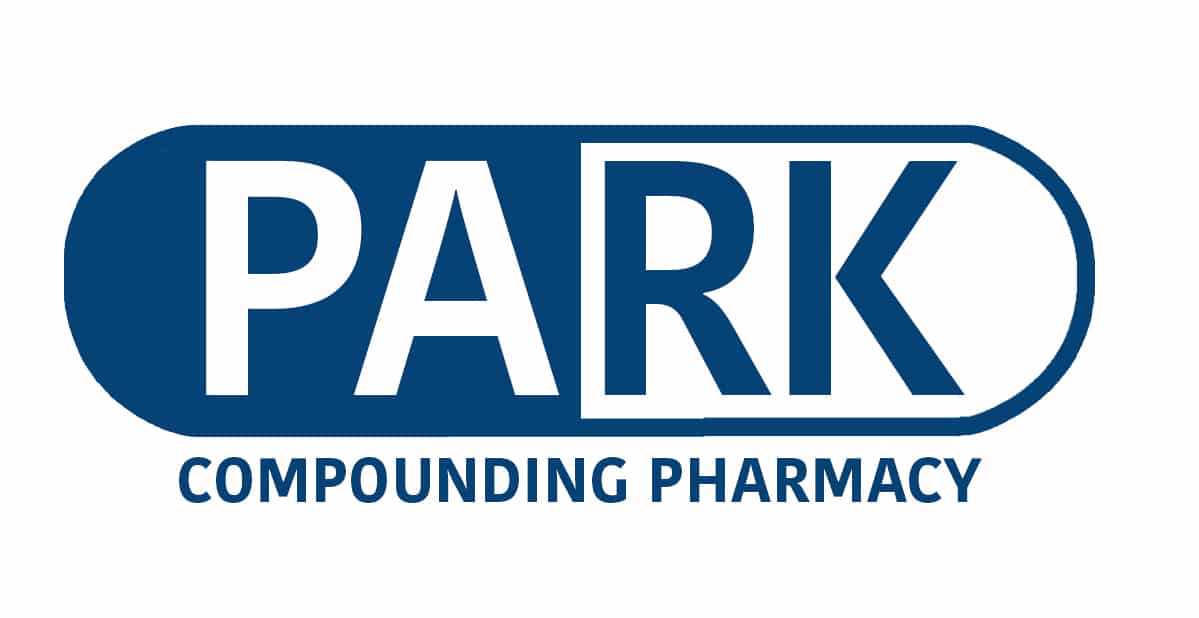Many chronic conditions can potentially benefit from the use of low dose naltrexone (LDN). We have already discussed some of these applications on our blog including psoriasis and rheumatoid arthritis. Recent studies have found positive results when LDN is used to treat inflammatory bowel disease (IBD).
For many patients, current treatments for IBD do not work or lose effectiveness over time. LDN was investigated as a long-term treatment option because of its known anti-inflammatory effects in treating other chronic conditions. There are studies that support the use of LDN for treating both Crohn’s disease and ulcerative colitis – the two main types of inflammatory bowel disease.
What is LDN?
In case you are not already familiar with low dose naltrexone, here is a summary.
- Low dose naltrexone is just a lower dose of the FDA-approved drug naltrexone.
- Naltrexone is prescribed for helping opioid addicts and alcoholics recover from their addictions. It was discovered by doctors many years ago that naltrexone exhibits different effects when it is administered at lower doses than the FDA-approved indication.
- For managing addiction, LDN is prescribed in 50mg doses. For managing chronic conditions like inflammatory bowel disease, it is prescribed at doses of 1.5mg to 4.5mg.
It is important to note when discussing LDN that it does not have any FDA-approved indications besides treating addiction. It also likely will never have another approved indication as it is not commercially viable. The kind of large clinical studies that are required for the approval process would not be worth it for a company to market LDN, which is already available at such a low cost. In fact, most patients without insurance can easily afford to pay cash to get their LDN from a compounding pharmacy.
Promising New LDN Studies for Inflammatory Bowel Disease
A recent study was conducted over the course of 12 weeks in 47 patients with IBD. Low dose naltrexone was given in doses of 4.5mg once daily at bedtime. Clinical improvement was found in 74.5% of patients and 25.5% had long-lasting remission of IBD symptoms. As is the case in most studies with LDN, there were no adverse events reported in the study. LDN is considered a safe and non-toxic drug that is well tolerated by a majority of patients.
This was not the first study to show that low dose naltrexone could improve symptoms for patients with bowel diseases. A small-scale study on the use of LDN to treat Crohn’s disease showed that 67% of patients achieved remission. In another study, Crohn’s patients treated with LDN had a 70-point decline in Crohn’s Disease Activity Index (CDAI) scores. In addition, patients in this study also exhibited a decline in their Crohn’s disease endoscopy index score (CDEIS). Together, these results show that low dose naltrexone provides significant relief for patients and reduces intestinal inflammation.
Large-Scale LDN Study in Norway
A study was published earlier in 2018 that was instigated by a large and sudden increase in the prescribing of low dose naltrexone in Norway. In particular it is being widely prescribed there for inflammatory bowel disease. It was found that the increase in prescriptions for LDN coincided with a decrease in prescriptions for other drugs for Crohn’s disease and ulcerative colitis. This shows promise that LDN could replace drugs that produce more side effects. Since drugs for IBD need to be taken indefinitely, having a non-toxic alternative could improve quality of life for many patients.
Research
- Low dose Naltrexone for induction of remission in inflammatory bowel disease patients. – Journal of Translational Medicine
- Low-dose naltrexone therapy improves active Crohn’s disease. – American Journal of Gastroenterology
- Therapy with the Opioid Antagonist Naltrexone Promotes Mucosal Healing in Active Crohn’s Disease: A Randomized Placebo-Controlled Trial – Digestive Diseases and Sciences








Pingback: Integrative Medicine and Compounding - Customized Prescriptions
Pingback: LDN for Dermatological Conditions - Treating Skin Disease with LDN
Pingback: Ulcerative Colitis Compounded Treatments - Mesalamine, Budesonide